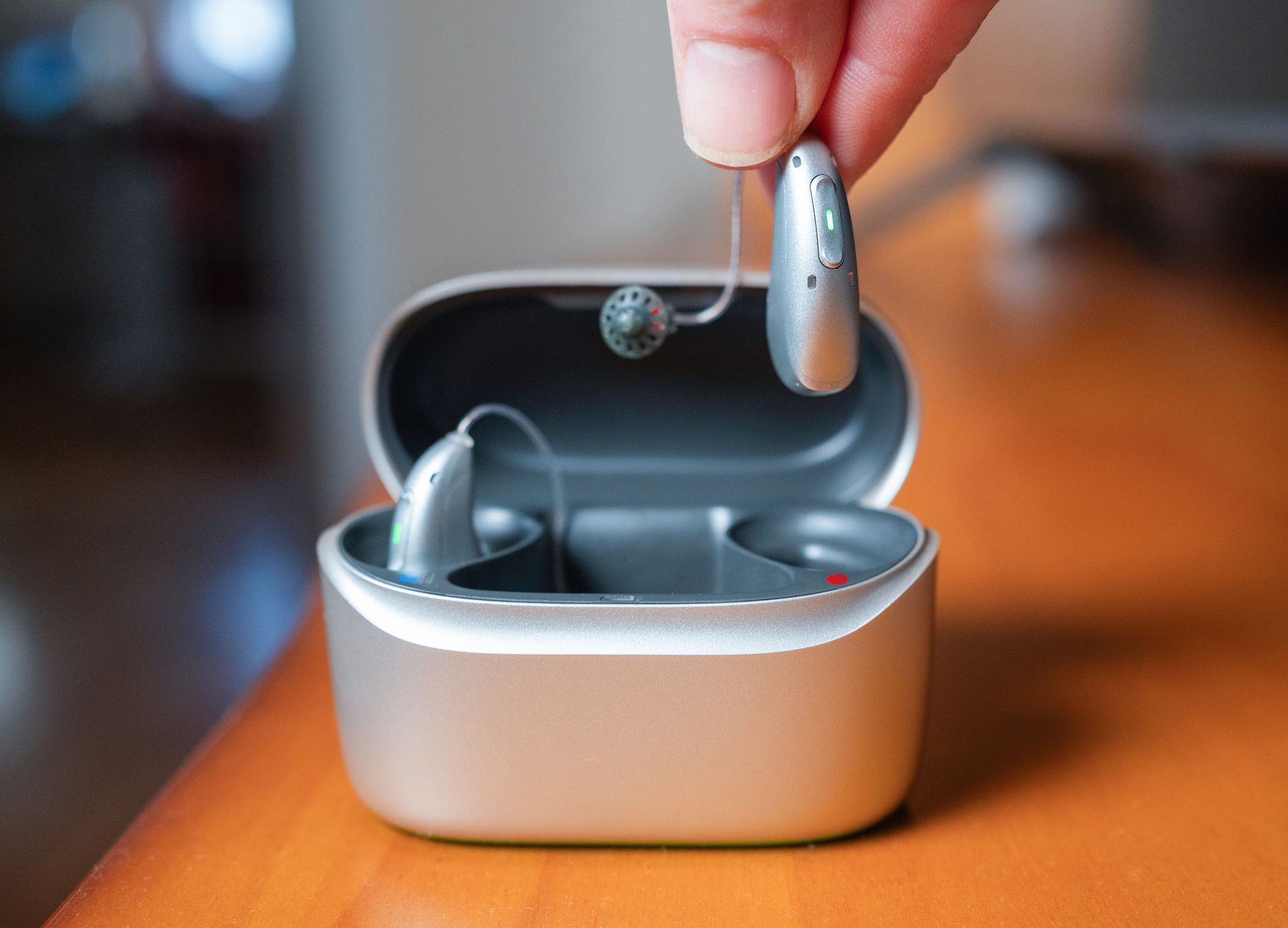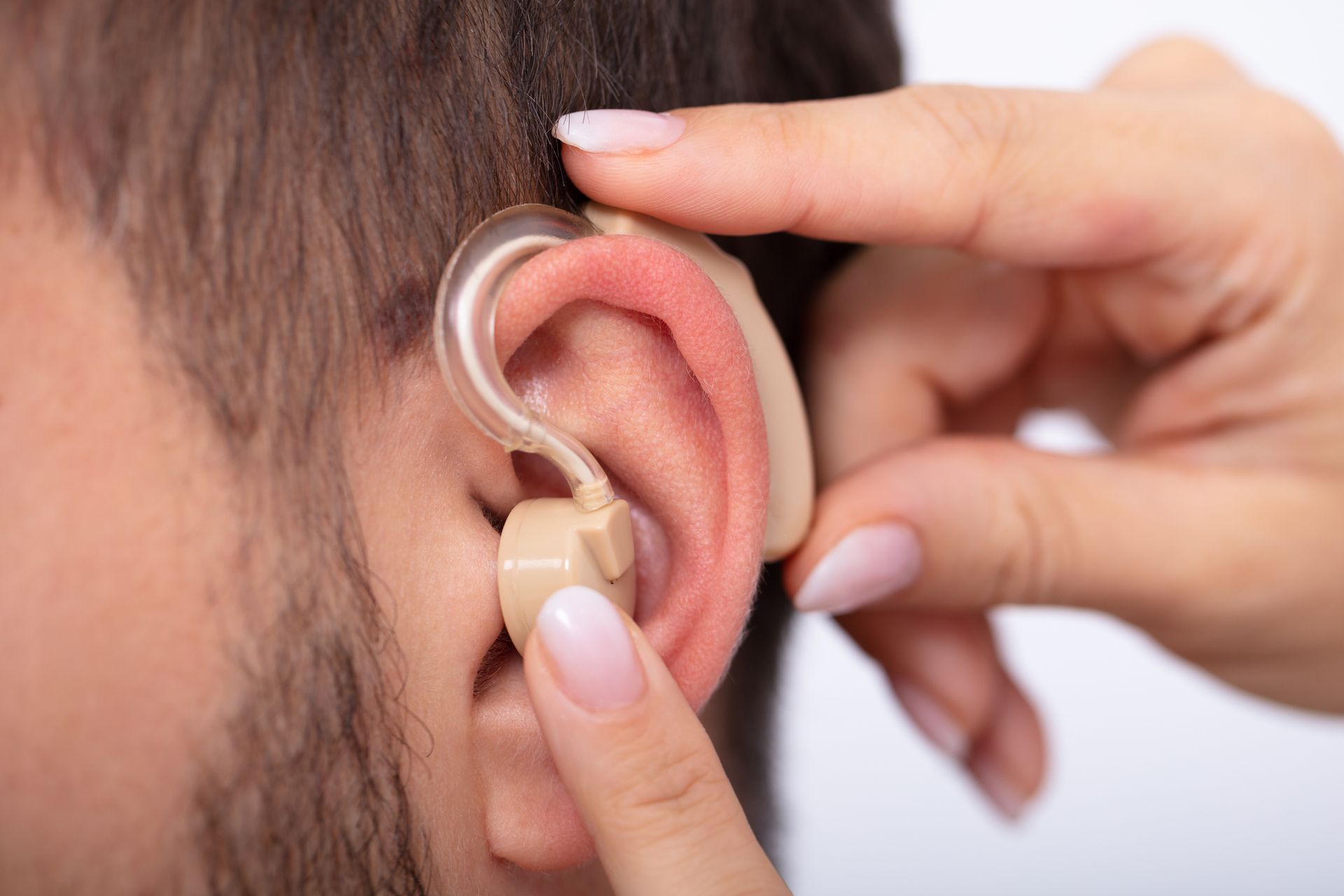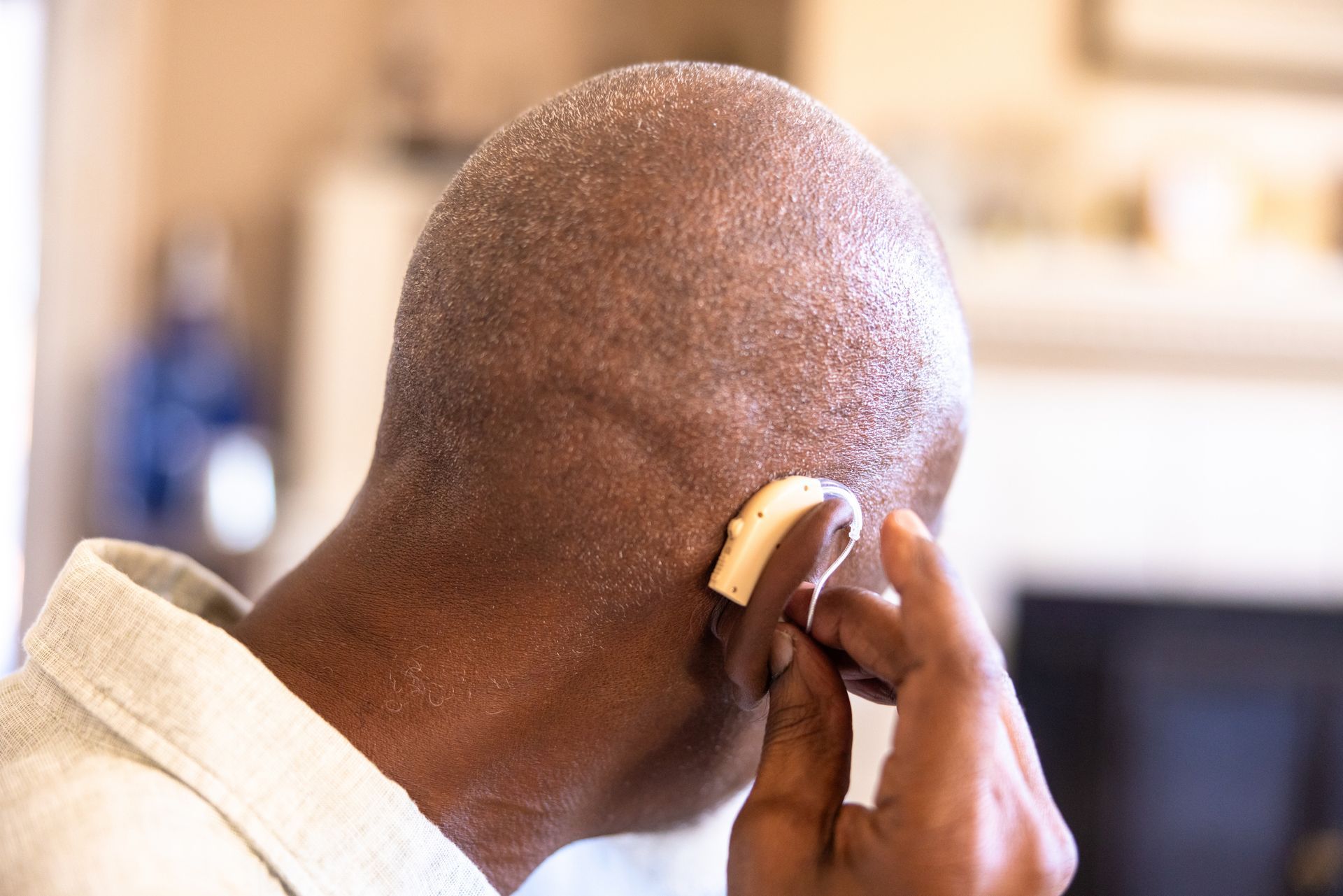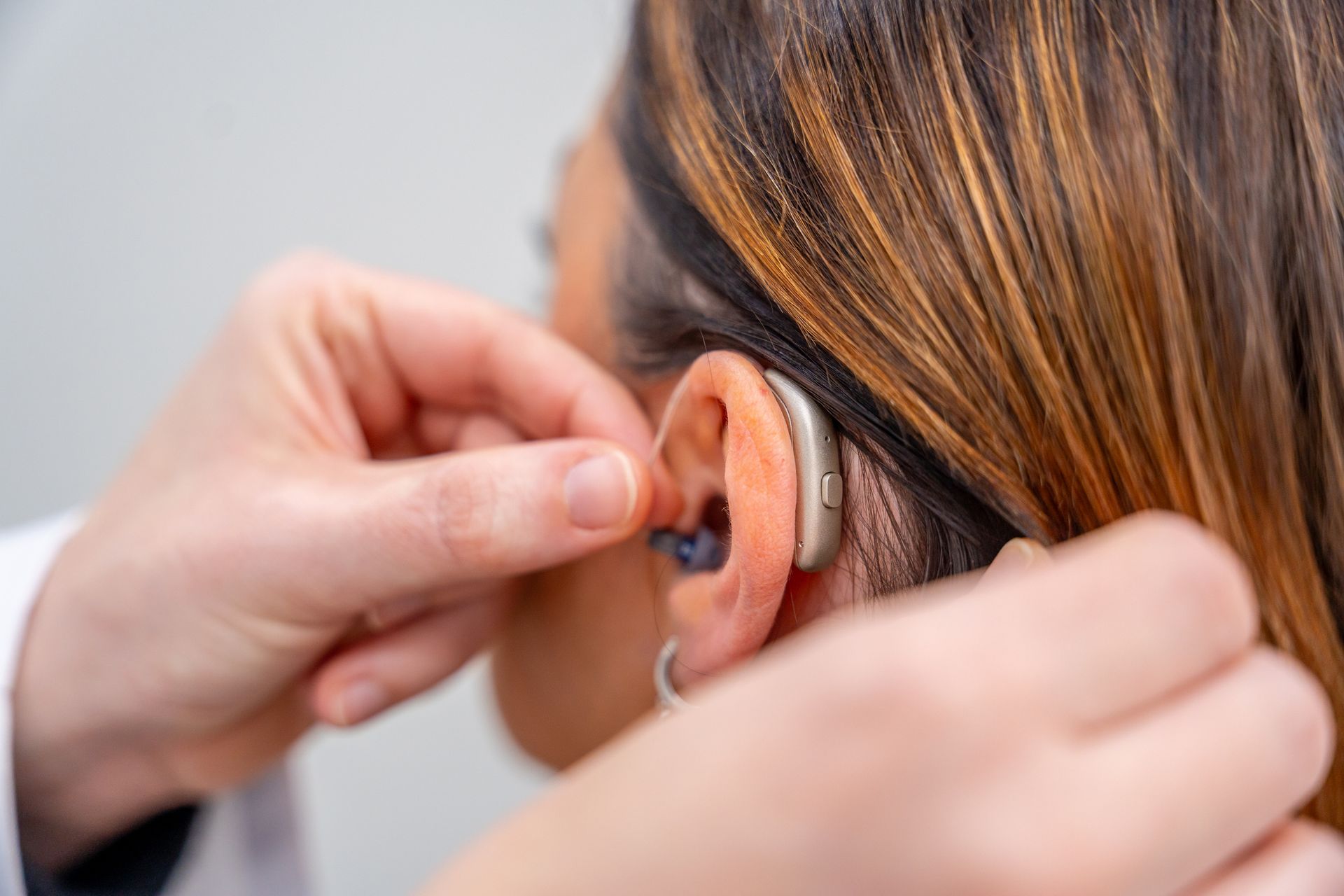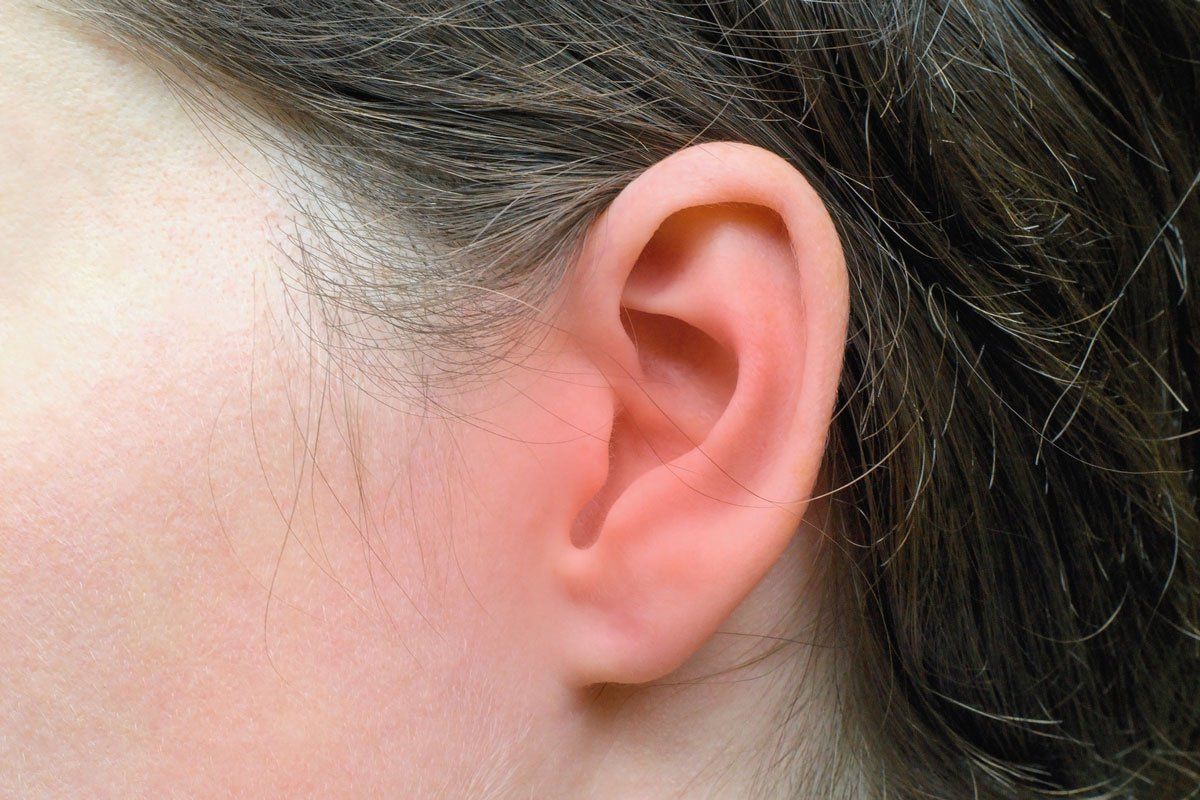Wilmington ENT Blog
Some people develop non-cancerous lesions called nodules on their vocal folds. Read on to learn how treatment and care can restore and protect your voice.
What are nasal polyps? You might need help from an ear, nose, and throat specialist to address them. Click to learn the basics of addressing nasal polyps.
Did you see white spots in your child's throat? They may indicate a serious condition. Discover three conditions that cause white spots in the throat.
Trust the ENT expert physicians at Wilmington ENT. Make an appointment today.

